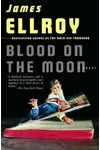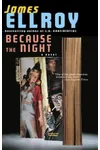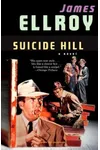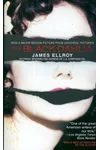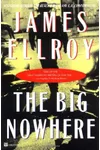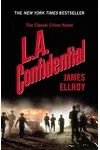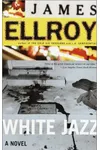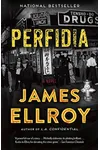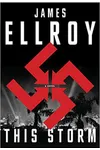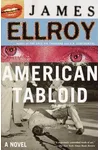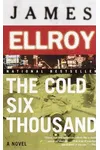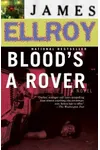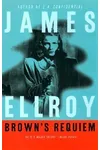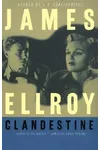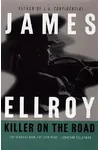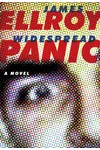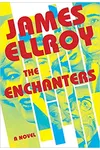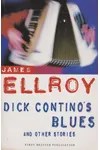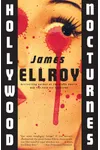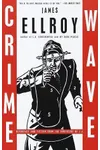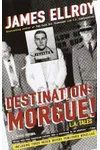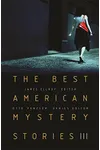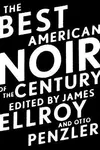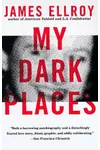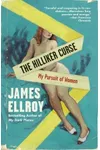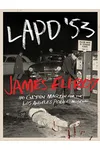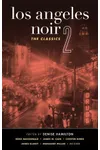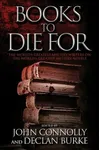Picture an American storyteller who turned the seedy underbelly of mid-20th century Los Angeles into literary gold—meet James Ellroy! Known for his electrifying crime novels like The Black Dahlia and L.A. Confidential, Ellroy’s razor-sharp prose and gritty take on corruption have made him a noir legend. His life, as turbulent as his stories, shaped a voice that redefined crime fiction.
Born in 1948, Ellroy overcame a childhood scarred by tragedy to become a literary titan. His unique, telegraphic style—think short, punchy sentences—draws readers into a world of crooked cops, femme fatales, and moral decay. Ready to dive into the dark heart of Ellroy’s America?
The Making of James Ellroy
James Ellroy’s early life in Los Angeles was anything but glamorous. At age 10, his world shattered when his mother, Jean Ellroy, was brutally murdered in 1958—a case that remains unsolved. This tragedy fueled his obsession with crime and justice, themes that permeate his work. Raised by his father after the loss, Ellroy struggled with delinquency and addiction, spending his teens and 20s in a haze of petty crime and alcoholism. But books were his salvation. Devouring crime fiction by Dashiell Hammett and Raymond Chandler, he found his calling. By his late 20s, Ellroy sobered up and started writing, publishing his debut novel, Brown’s Requiem, in 1981.
James Ellroy’s Unforgettable Stories
Ellroy’s novels are a masterclass in noir, blending historical events with fictional grit. His breakthrough, The Black Dahlia (1987), fictionalizes the infamous 1947 murder of Elizabeth Short, weaving a haunting tale of obsession and betrayal. It’s the first of his L.A. Quartet, a series that includes The Big Nowhere, L.A. Confidential, and White Jazz. Each book dissects Los Angeles’ corrupt power structures—cops, politicians, and mobsters collide in a morally gray world. L.A. Confidential (1990), perhaps his most famous work, inspired an Oscar-winning film, cementing Ellroy’s Hollywood cred.
His style? Unmistakable. Ellroy’s staccato prose—short, jagged sentences—mimics a machine-gun rhythm, pulling readers into the chaos. He dives deep into historical settings, from post-WWII America to the Kennedy era, exposing the rot beneath the glamour. Later works like American Tabloid (1995), part of his Underworld U.S.A. Trilogy, tackle national conspiracies, blending real figures like J. Edgar Hoover with fictional antiheroes. Ellroy doesn’t just write crime—he rewrites history as a dark, thrilling saga.
Why James Ellroy Matters
James Ellroy didn’t just write crime novels; he reinvented the genre. His unflinching look at systemic corruption and human flaws pushed noir beyond pulp fiction into literary territory. Writers like Michael Connelly and Dennis Lehane owe a debt to his raw, ambitious storytelling. His influence spills into film and TV, with adaptations like L.A. Confidential shaping modern crime dramas. Ellroy’s ability to turn personal pain—his mother’s murder, his own demons—into universal stories of justice and redemption resonates with readers worldwide.
At 77, Ellroy remains a literary force, still writing and captivating audiences with his larger-than-life persona. His work reminds us that truth is often darker—and more compelling—than fiction.
- Born: March 4, 1948, Los Angeles, California
- Key Works: The Black Dahlia, L.A. Confidential, American Tabloid
- Awards: Multiple Edgar Award nominations, French Grand Prix de Littérature Policière
Snag The Black Dahlia and dive into James Ellroy’s thrilling, noir-soaked world!
